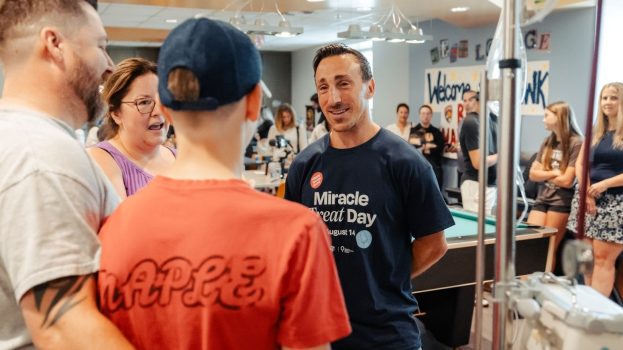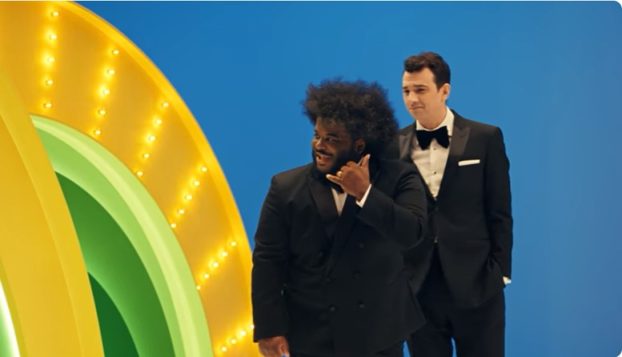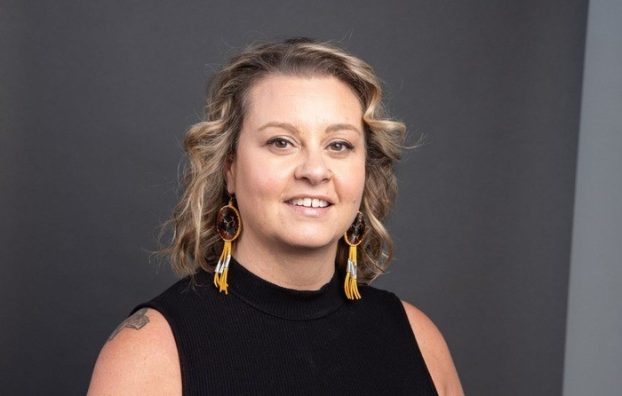 Discover Halifax is upending destination marketing norms by leaning into audio cues, rather than visual intrigue.
Discover Halifax is upending destination marketing norms by leaning into audio cues, rather than visual intrigue.
In two hero spots, with more scheduled to be released, friends leave other friends touching voicemails after sojourns out on the town. Discover Halifax says the strategy is to build an air of mystery with Atlantic Canadians, and do it in a more personal way, using theatre of the mind rather than calling out typical attributes for the region like fresh salt sea air. That’s because those more traditional marketing traits work for travelers from the west, but don’t hold much sway with locals.
“After all, they have beaches where they live, without a 3-hour drive,” says Clare Tidby, director of marketing and visitor experience at Discover Halifax. “We’re inviting them to visit Halifax which is like a second home to them. But we need to entice them with the ‘little hit of the city’ that they can’t get elsewhere in the region.”
Tidby says the organization can’t go to Atlantic Canadians with an overly glossy brand approach that might appeal elsewhere.
“They’re going to call us on that. They don’t want to be treated like first-time visitors,” Tidby explains, which is why the campaign avoids typical travel tropes.
The campaign is informed by 2023 Leger insights that 42% of Atlantic Canadians have visited Halifax in the past 12 months, and that the city scores highly on variables like familiarity and favourability.
Tidby tells strategy that regional stakeholders want to experience the big city and nightlife, and they have spent time in the city and know someone who lives here. They’ll visit year-round, seeking out the vibrancy of Halifax restaurants, arts, shopping and events scene.
Discover Halifax worked with Trampoline Branding to create the concept, and Village Works on the creation of the audio and video assets. The campaign will run in all four Atlantic Canadian provinces, on digital and social platforms, along with linear television and radio. Media planning and buying was also completed by the team at Trampoline.
“We are actually testing a bunch of tactics we have not used before,” Tidby says, including drive time radio, which is typically more costly, but which is a nice fit for the voicemail hero spot formats.























